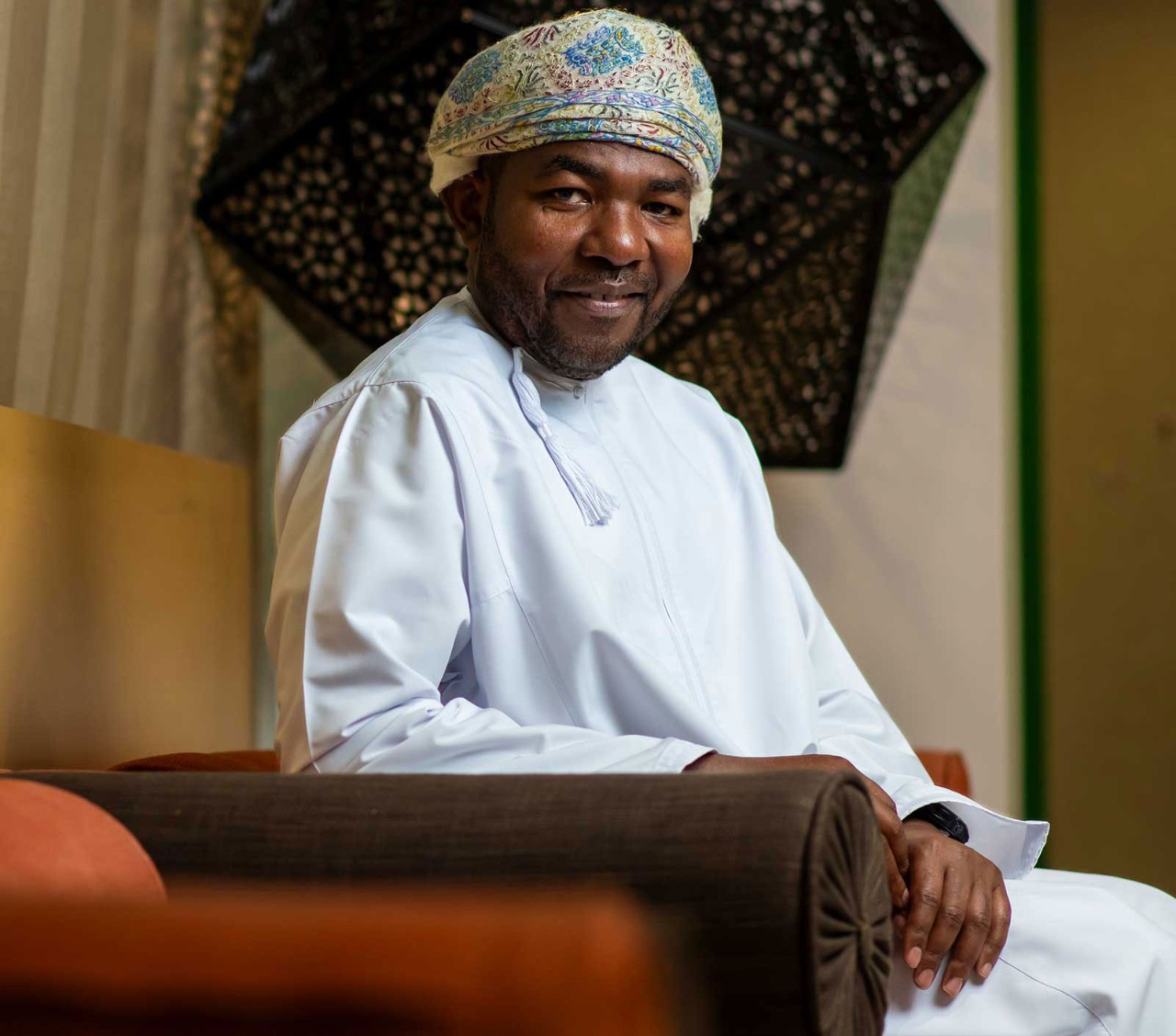
In an increasingly tech-driven landscape, digital knowledge and application is a core skillset that accountants need in order to thrive. By automating repetitive tasks, these technologies are transforming how accounting and finance professionals work, leading to improvements in efficiency and freeing up practitioners’ time to take on higher value work that requires human judgment.
In Pakistan, technologies like robotic process automation (RPA), artificial intelligence (AI) and predictive analytics are already helping to streamline operations by facilitating a multitude of tasks, from routine data entry and reconciliation to complex reporting. ‘For accountants in Pakistan, pivoting to digitisation has become a necessity rather than an option,’ says Taha Muhammad Hanif ACCA, an independent business and risk consultant who was previously a manager at one of the Big Four firms.
‘Having access to accurate, real-time financial data is what forms the bedrock of sound decision-making’
Hanif notes that, by using AI and machine learning technologies, finance teams can sift through vast amounts of data with increased speed and accuracy. ‘This analysis identifies trends, patterns and insights – such as customer behaviours – to guide strategic decisions and predictions,’ he says. ‘In some scenarios, AI algorithms can even help identify unusual trends and deviations, preventing fraudulent activities more effectively than manual checks.’
Empowered decision-making
For Muhammad Munaaf, a regulatory compliance auditor at the National Clearing Company of Pakistan, one of the biggest impacts of digital transformation in finance is in the way it has empowered decision-making. ‘Through analysing economic trends, AI can predict capital market movements and help calibrate investment risks and rewards,’ he explains. ‘Having access to accurate, real-time financial data is what forms the bedrock of sound decision-making.’
‘Experienced professionals have a nuanced understanding of the local market – things AI cannot replicate’
As digital technology increasingly integrates into accounting workflows end-to-end, Munaaf adds, ‘human error diminishes, accuracy improves and mundane processes are streamlined and automated to deliver even more value to customers’.
Navigating challenges
That said, transitioning workflows to digital comes with its own obstacles. In Pakistan’s case, the country’s unique and ever-evolving regulatory landscape demands constant vigilance from finance professionals. ‘Simply keeping track of different regulatory frameworks is challenging,’ Hanif points out.
Najia Ansari FCCA, a marketing executive at Karachi Electric, says that the responsibility of ensuring regulatory compliance comes down to practitioners themselves. She urges finance professionals to leverage tools like AI to refine both processes and reporting standards.
‘AI shows promise in supporting firms’ need to navigate evolving regulation and keeping finance leaders informed of compliance requirements,’ she notes.
‘Finance professionals may find it difficult to adapt workflows around emerging technologies’
However, in an an economy like Pakistan’s, AI can have downsides, according to Ansari. ‘Experienced local professionals have a nuanced understanding of the local market and business dynamics, as well as the cultural sensitivities needed to build relationships with their peers,’ she says. ‘These are things AI cannot replicate.’
Educational challenge
Infrastructure barriers and the lack of digital literacy also hinder more widespread technological integration in Pakistan.
The country is grappling with a widening digital divide between those who can access emerging technologies and those lacking basic connectivity; a 2020 World Bank study found that only 34% of Pakistani adults have fundamental digital literacy skills.
‘It is necessary that we cultivate and nurture accounting consultants who can offer tailored solutions to clients’
Connectivity varies greatly across regions, with bandwidth constraints impacting on both onsite hardware and cloud-based solutions. ‘Given Pakistan’s weak development in basic digital infrastructure, finance professionals may find it difficult to adapt workflows around emerging technologies,’ Ansari says.
Ride the wave
But as technologies continue to evolve at a rapid pace, interest in and reliance on AI solutions will only increase over time.
Aurangzaib Chawla FCCA, the founder of PFOC – which delivers one-stop, digital-first accounting and finance consultancy solutions – points out that technologies like AI, machine learning, blockchain and cloud computing bring such profound changes to accountancy that some services may be replaced in the near future. For instance, bookkeeping and basic accounting can be digitised by apps and platforms such as Xero, enabling accountants to concentrate on adding value through their client knowledge.
‘It is necessary that we cultivate and nurture accounting consultants who can offer tailored solutions to clients, instead of simply acting as tool operators who only know how to input numbers into software programs,’ he says.
Likewise, Hanif notes that technological advancements have ‘transformed the role of accountants from traditional transactional work to more analytical and advisory functions. This highlights the growing need for strategic thinking, problem-solving, digital literacy and life-long learning.’
Ultimately, finance professionals must ride above the wave of digitisation, rather than sink under it.
‘Accountants need to familiarise themselves with the latest tools and reinvent how they deliver services,’ Chawla says. ‘This is where the world is headed, and where Pakistan is headed as well.’
More information
Watch ACCA’s webinar on AI and Large Language Models: a non-technical introduction
Read our recently published articles, ‘Putting the brakes on AI’ and ‘The rise of the LLM’


